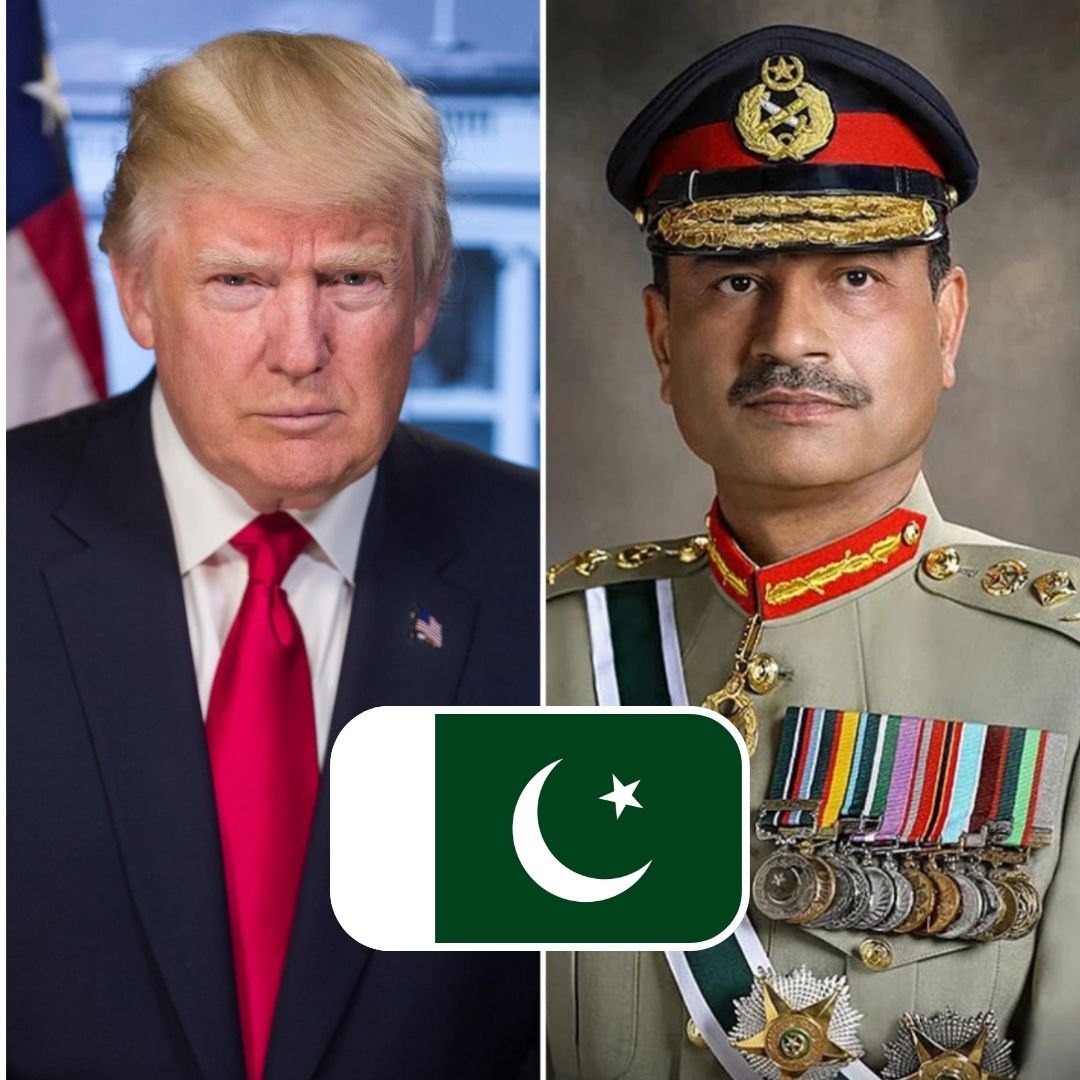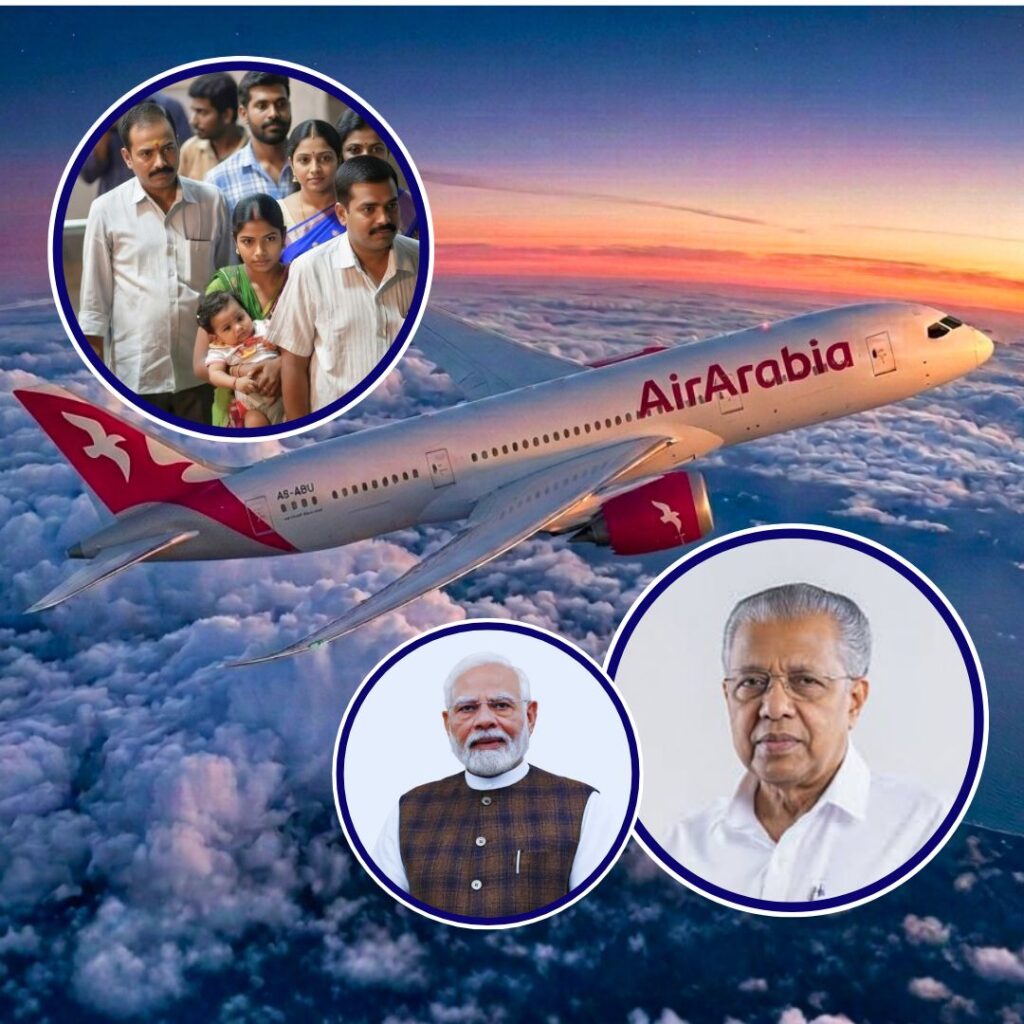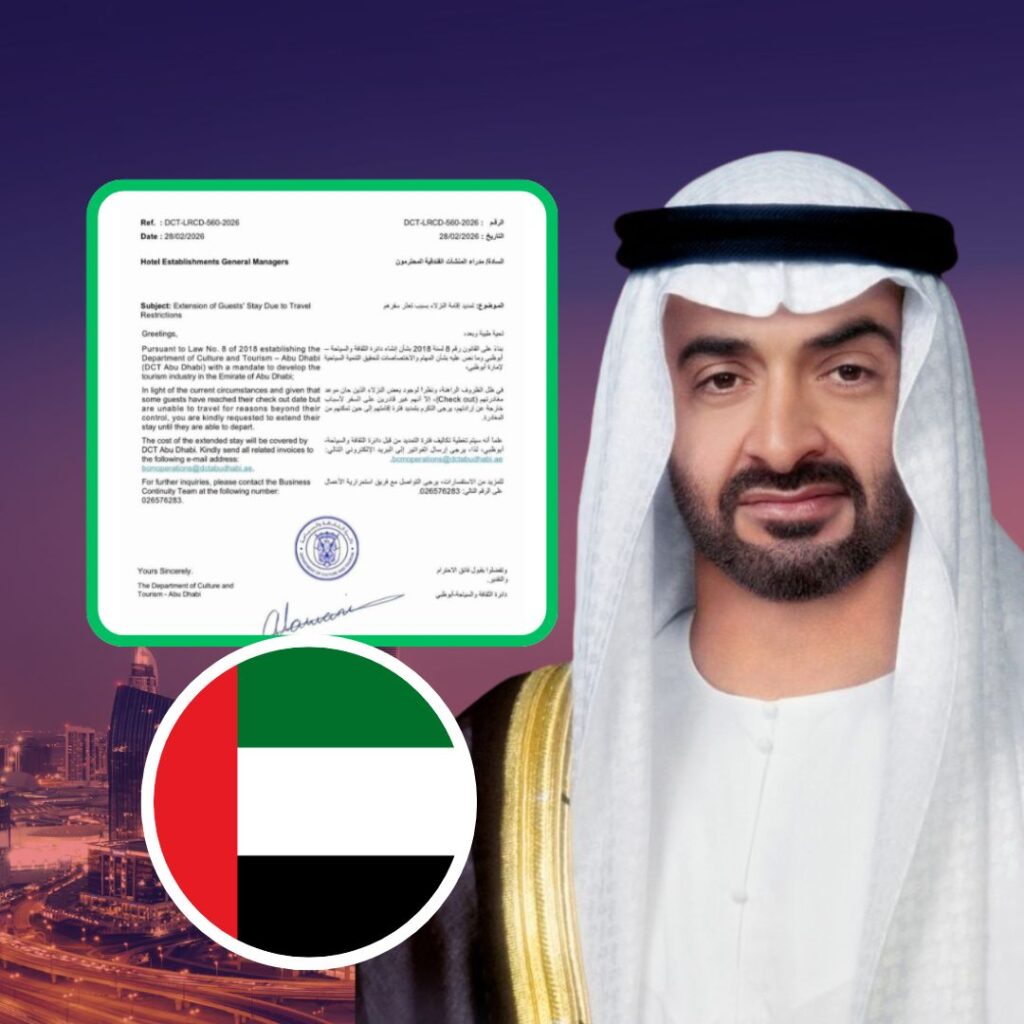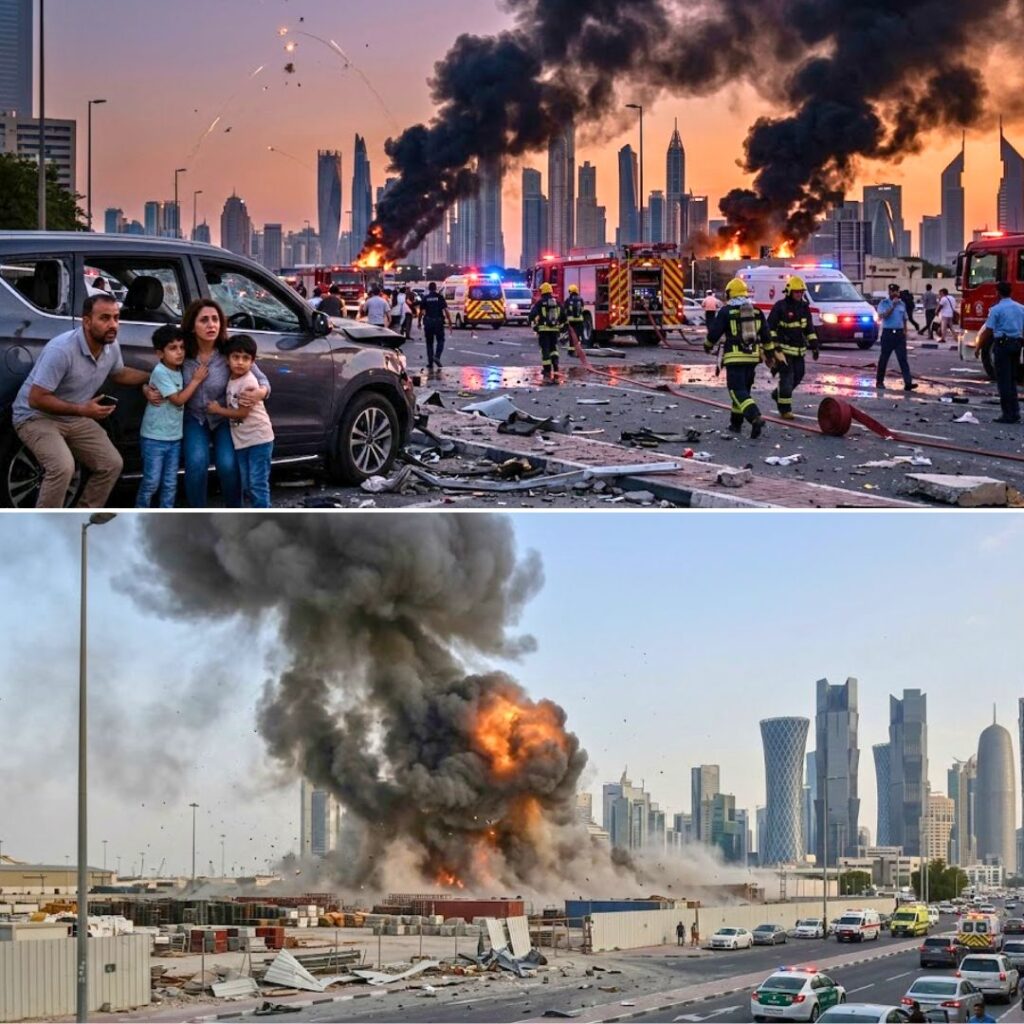Pakistan has officially nominated former US President Donald Trump for the 2026 Nobel Peace Prize, recognising his diplomatic efforts during the May 2025 India-Pakistan crisis that nearly escalated into full-scale war.
The nomination, announced on June 21, credits Trump’s “decisive leadership” and back-channel diplomacy for helping broker a ceasefire after deadly exchanges following a terror attack in Kashmir.
While Pakistan hails Trump as a key peacemaker, India firmly denies any external mediation, asserting that the ceasefire resulted from direct military talks. Trump has publicly reiterated his belief that he deserves the Nobel Peace Prize, sparking renewed debate on the role of international actors in South Asian peace efforts.
Pakistan’s Nomination and Official Statements
The Pakistani government made the nomination public through an official post on X (formerly Twitter), stating, “President Donald J. Trump deserves the Nobel Peace Prize in 2026 in recognition of his decisive diplomatic intervention and pivotal leadership during the recent India-Pakistan crisis.”
This announcement followed a high-profile meeting in Washington between Trump and Pakistan’s Army Chief, Field Marshal Asim Munir, where they discussed the four-day hostilities and broader regional security concerns.
Pakistani officials emphasised that Trump’s back-channel diplomacy was instrumental in de-escalating tensions and preventing a catastrophic conflict between two nuclear-armed neighbours. Field Marshal Munir expressed gratitude for Trump’s “earnest efforts” and called for continued international engagement to maintain peace in the region. Trump, speaking to reporters after the meeting, reiterated, “The big one is India and Pakistan.
I should have gotten it four or five times,” but added, “They won’t give me a Nobel Peace Prize because they only give it to liberals,” reflecting his long-standing frustration over not receiving the award.
Background: The May 2025 Crisis and Reactions
The crisis was triggered on May 5, 2025, when a terror attack in Pahalgam, Jammu and Kashmir, killed multiple civilians and security personnel. India responded on May 7 with targeted airstrikes on terror camps located in Pakistan and Pakistan-occupied Kashmir. Pakistan retaliated with attempted strikes on Indian military positions over the next three days, escalating tensions to dangerous levels.
The exchange ended on May 10 after direct talks between Indian and Pakistani military officials, resulting in a ceasefire agreement. Pakistan credits Trump’s diplomatic intervention, including back-channel communications and pressure on both sides, for facilitating this de-escalation.
However, India has consistently denied any external mediation, with Prime Minister Narendra Modi’s office stating that all negotiations were bilateral and sovereign.
The nomination of Trump has reignited debates over the legitimacy and efficacy of third-party involvement in the decades-old India-Pakistan conflict, especially given the unresolved Kashmir dispute. Meanwhile, Trump’s claims of peace-making extend beyond South Asia, as he recently asserted involvement in brokering a peace treaty between Congo and Rwanda, though independent verification remains limited.
The Logical Indian’s Perspective
At The Logical Indian, we uphold the belief that sustainable peace in South Asia can only be achieved through honest dialogue, empathy, and mutual respect between India and Pakistan. While international diplomatic efforts, such as those attributed to Donald Trump, can play a role in de-escalating immediate crises, lasting harmony requires both nations to engage in transparent negotiations addressing core issues, including Kashmir, cross-border terrorism, and economic cooperation.
The Nobel Peace Prize nomination highlights the complex dynamics of external intervention in regional conflicts and the importance of recognising local agency. Peace is not merely the absence of war but the presence of justice, understanding, and coexistence.
As we reflect on these recent developments, we encourage our readers to think critically: What constructive role should global leaders and institutions play in fostering peace between India and Pakistan? How can both countries move beyond historical animosities towards a future of collaboration and coexistence?












